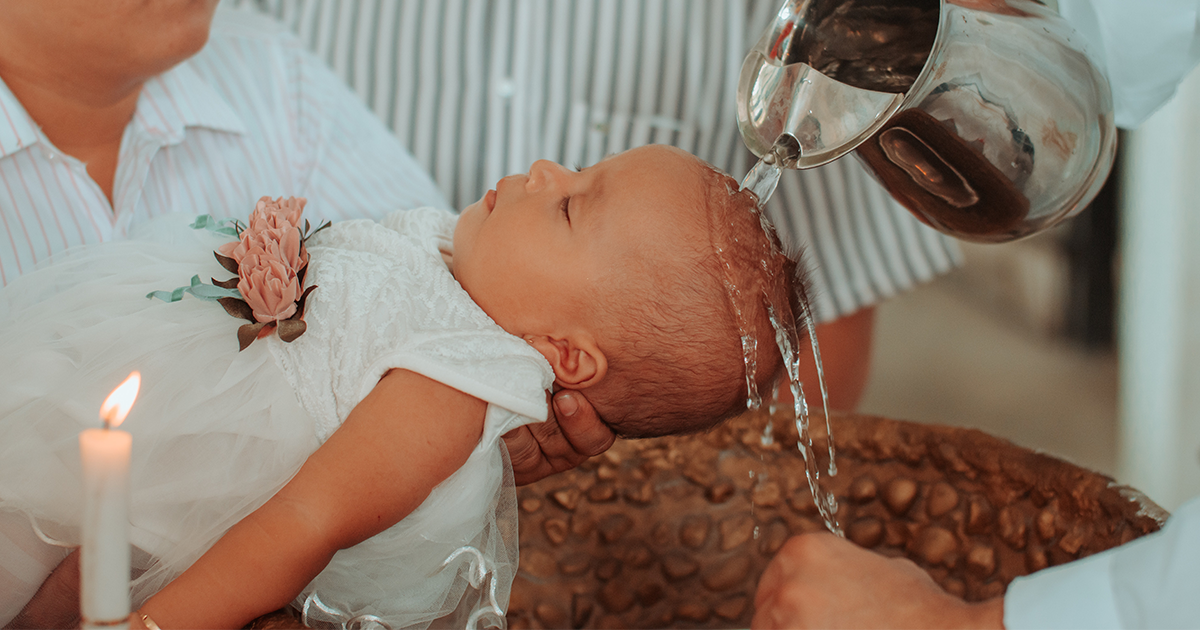
In this Season of Creation, we have much to be thankful for. From the air we breathe to the ground we walk on, our world fills us with awe and wonder. Sadly, our beautiful world is being ravaged by climate change. In an effort to bring awareness and action to the faithful, Christian faiths enter into this Season of Creation.
What often gets overlooked in the Season of Creation are the actual facets of creation that have been incorporated into our liturgical rituals. While there are many symbols we use in our rituals, the “big three” are fire, oil, and water.
A wonderful book that speaks about these powerful symbols is From the Beginning to Baptism: Scientific and Sacred Stories of Water, Oil and Fire by Sr. Linda Gibler, OP, PhD. This easy-to-read book delves deeply into the sacredness of each element. Using scientific research and sound theological reflection, Sr. Linda provides creative understanding of elements we routinely use in our liturgical celebrations. These elements each have a storied part in our history, yet can be easily overlooked if we don’t explore their significance. Below are short reflections on each element using Sr. Linda’s work.
A trickle of water is poured on an unsuspecting baby at their baptism. This water signifies the transformative power of God. The living waters of baptism cleanse away whatever keeps us from God. Our souls thirst for these living waters just as our bodies thirst for water.
Olive oil is spread over the baby's head in the form of a cross by the presider. In the Old Testament, oil signified God’s anointing on the person – setting the person aside for God’s mission. In the first mention of oil in the Bible Moses, anoints his brother Aaron with oil to claim him as a priest. Today oil is used to anoint the newly baptized, the confirmed, the ordained, and those facing serious illness or death.
A small flame flickers on a white candle held by a godparent’s hand during a child’s baptism. The little light signifies Christ as our light and the newly baptized as a new part of that light. This light given to us at our baptism guides us as we navigate our dark and complex world. It burns in our hearts just as it burns in the hearts of the disciples during Pentecost (Acts 2:1-4).
Almost nothing used in a liturgical ritual is by accident. In learning about each element, we can further appreciate the role of water, oil, and fire not only in the liturgy, but also in creation. After all, if we continue to take creation for granted, we won’t have living water, abundant oil, or fire.